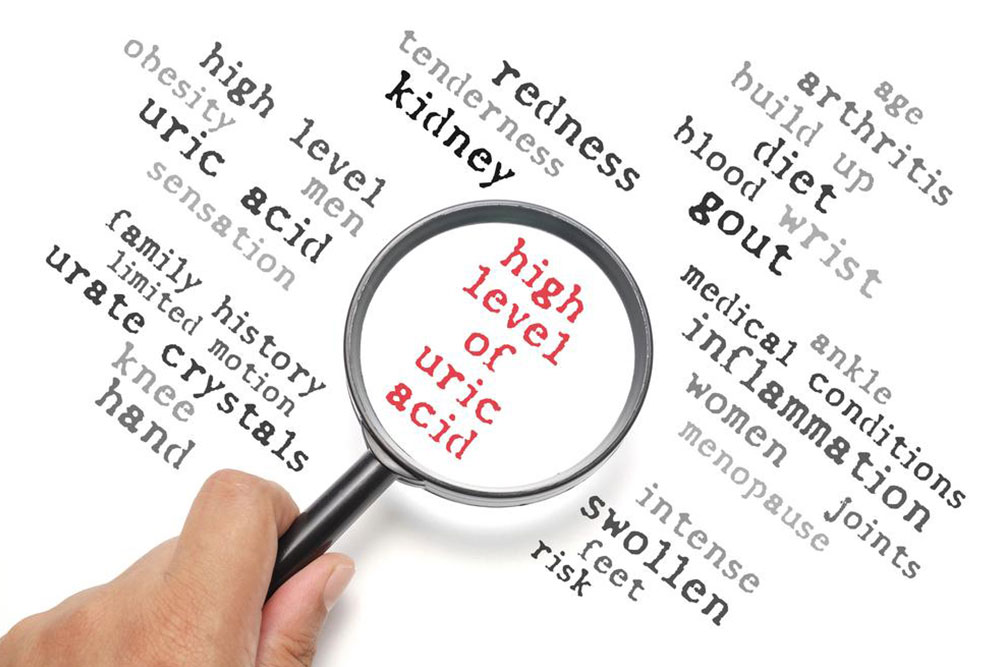Essential Nutritional Guidelines for Managing Kidney Disease
This article offers essential dietary guidelines for managing chronic kidney disease, emphasizing the importance of controlling fluid, protein, and mineral intake. It highlights food choices that support kidney health, advises consulting healthcare providers for personalized plans, and stresses the importance of avoiding processed and high-salt foods to prevent further kidney damage.

Essential Nutritional Guidelines for Managing Kidney Disease
The kidneys play a crucial role in maintaining overall health, handling waste elimination and fluid regulation. For individuals with chronic kidney disease, dietary management becomes vital to slow disease progression and preserve kidney function. Strict control over food intake and fluid consumption can significantly reduce additional kidney strain.
Healthcare professionals often advise limiting fluid intake to prevent overloading already compromised kidneys. Additionally, reducing protein intake helps decrease urea buildup, lowering toxicity risks.
Monitoring mineral intake, such as sodium, potassium, and phosphorus, is essential since excess amounts can disrupt fluid and electrolyte balance. Choosing fresh, unprocessed foods over canned or preserved options minimizes salt and mineral content.
Avoid processed meats like sausages, ham, and bacon, which are high in salts. Emphasize fresh vegetables such as cabbage, cauliflower, onions, and garlic. Incorporate antioxidant-rich fruits like blueberries, cranberries, and apples into your diet. Favor alkaline-forming foods to support kidney health and avoid acidic foods that can harm kidney function.
Those on a kidney-friendly diet should consult healthcare providers to tailor an appropriate nutritional plan that supports optimal kidney health.










